EPA and White House Set Revised CO2 Targets for Automakers
QAD
APRIL 18, 2024
Complex dynamics shape the global automotive industry’s transition towards battery electric vehicles (BEVs). Recent media reports have suggested that the White House has been contemplating responding to political and industry feedback by potentially delaying the stringent EPA fuel economy regulations initially set for 2027-2032.

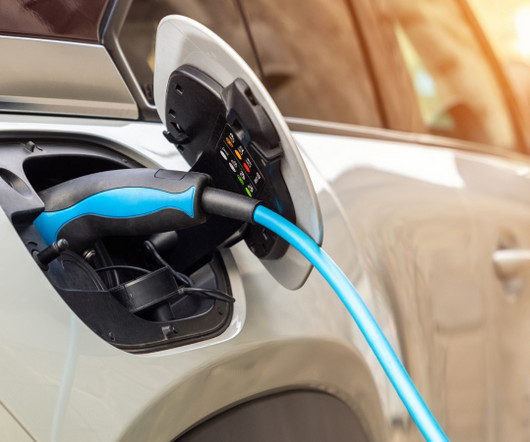
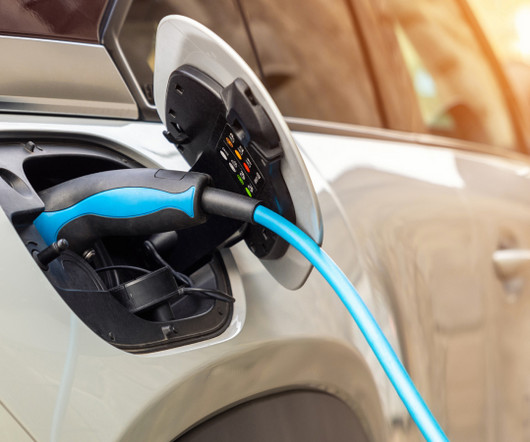

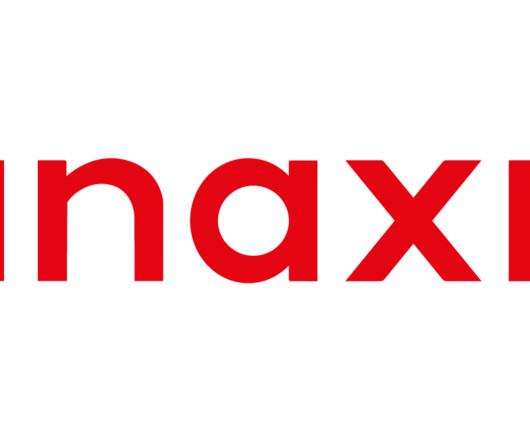
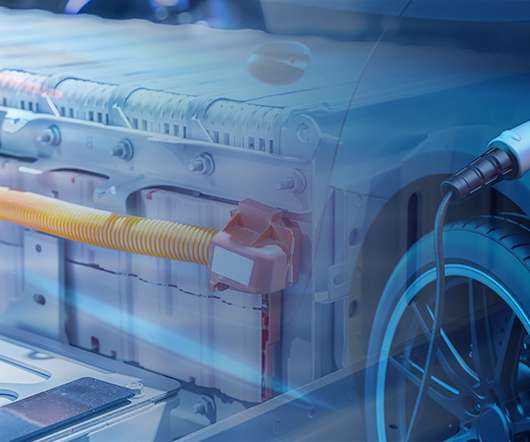


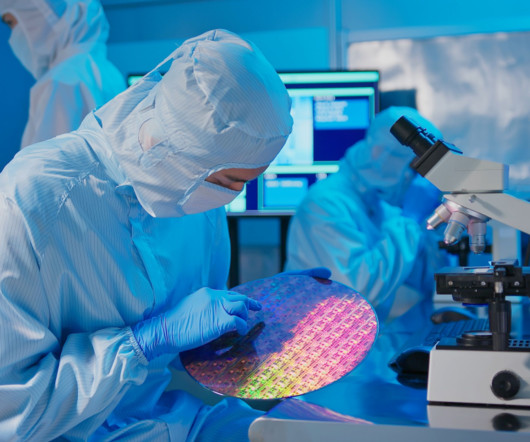



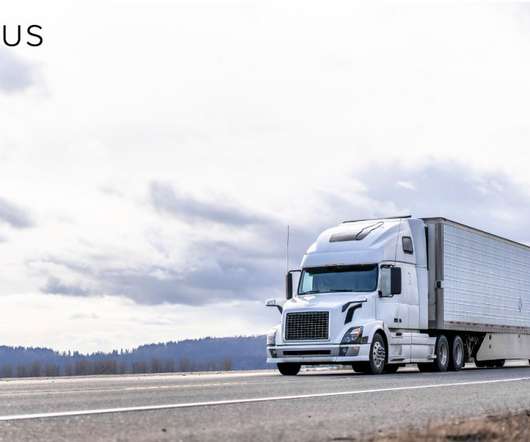










Let's personalize your content